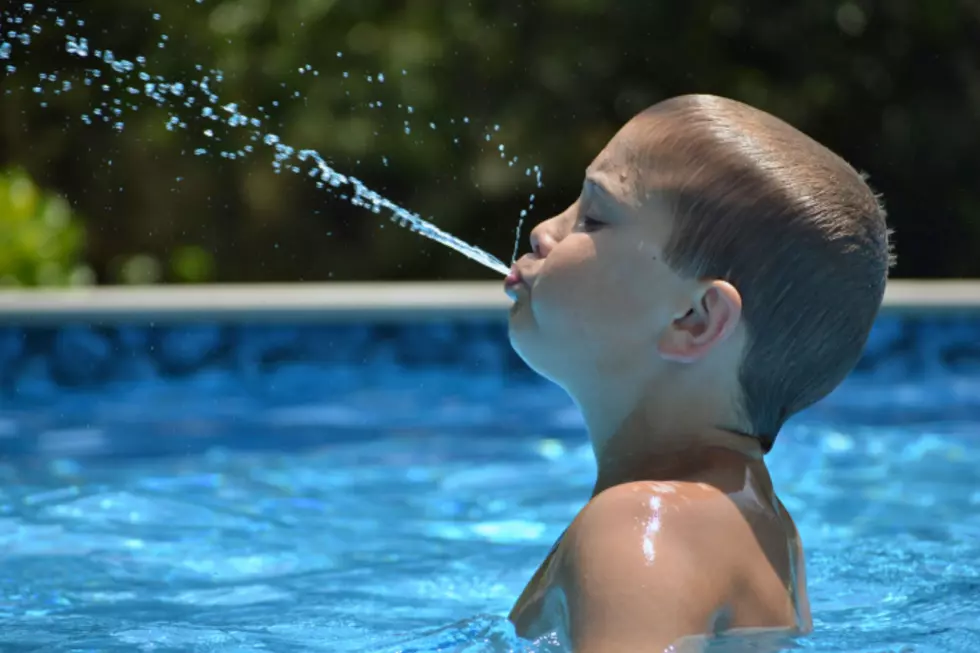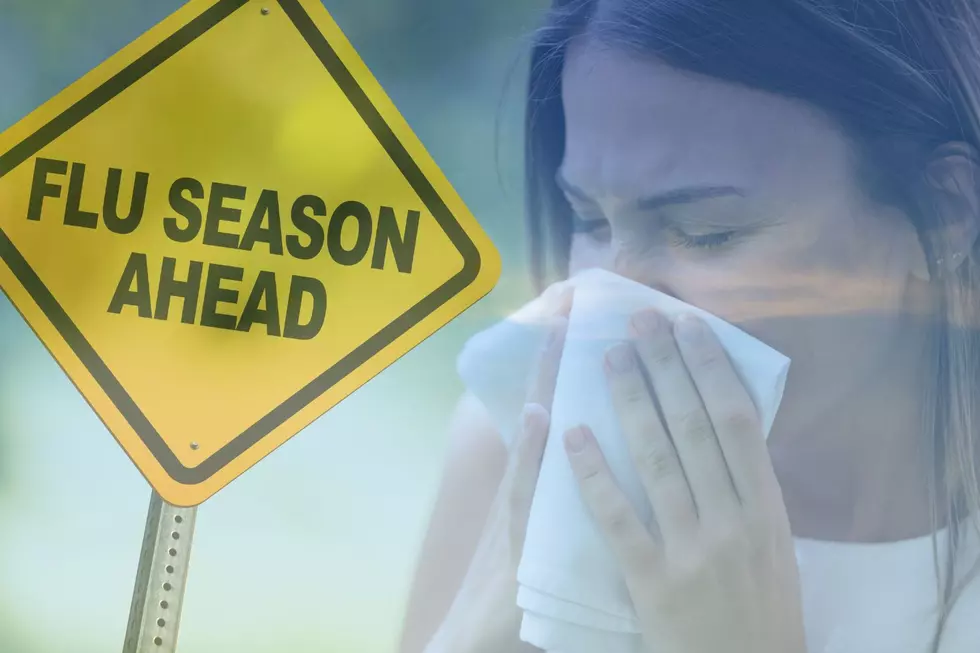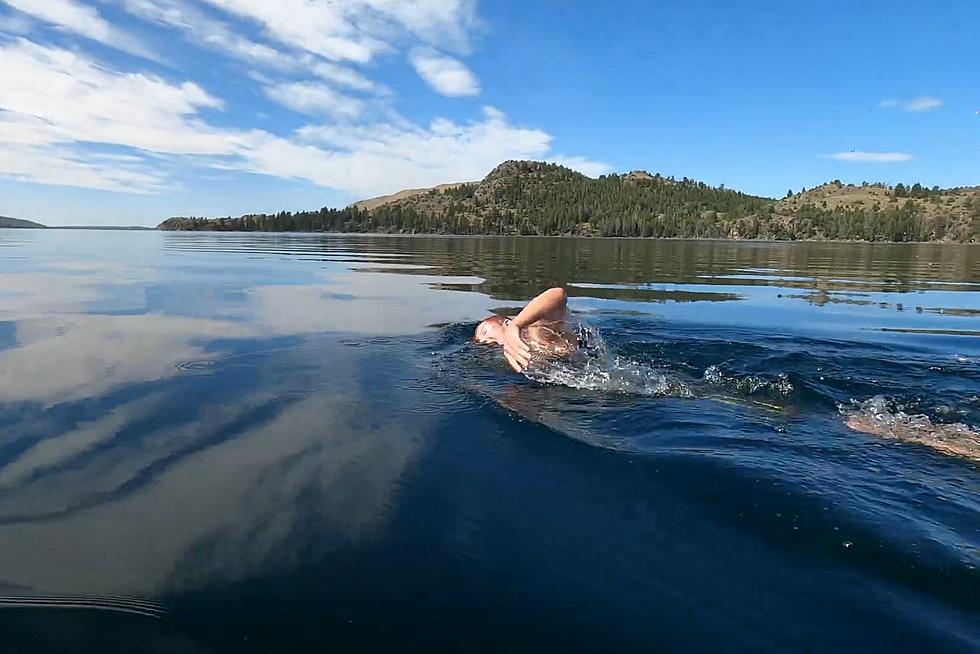
Nasty Germs May Be Lurking in the Pool, Department of Health Says
If you choose to cool off in the pool this summer, you may be swimming with microscopic germs like E. Coli or cryptospridium.
Wyoming Department of Health epidemiologist Courtney Smith says many of the germs come from feces, and only a small amount is required to make people sick.
"Some of these germs are very tolerant of chlorine and may not be killed right away," said Smith. "Cryptosporidium, in particular, can survive for more than 10 days in chlorinated water."
Smith says disease symptoms typically include diarrhea, stomach cramps, nausea and loss of appetite.
She encourages people to take the following steps to protect themselves:
- Avoid swimming on days when experiencing diarrhea. Germs can spread into the water and make others sick.
- Don't swallow swimming water and avoid getting water into the mouth.
- Practice good hygiene. Shower with soap for at least 1 minute before swimming and wash hands after using the toilet or changing diapers. Germs on the body can end up in the water.
- Don’t pee or poop in the water.
- Wash hands with soap and water after swimming and before eating.
Parents of young children should remember to:
- Wash children before swimming (especially their rear ends).
- Check diapers every 30–60 minutes. Change diapers in a bathroom or a diaper-changing area and not right by a pool or lake. Germs can spread in and around the places we swim. Take children to the bathroom every 30–60 minutes. Waiting to hear “I have to go,” may mean it's too late.
More From 101.9 KING-FM









